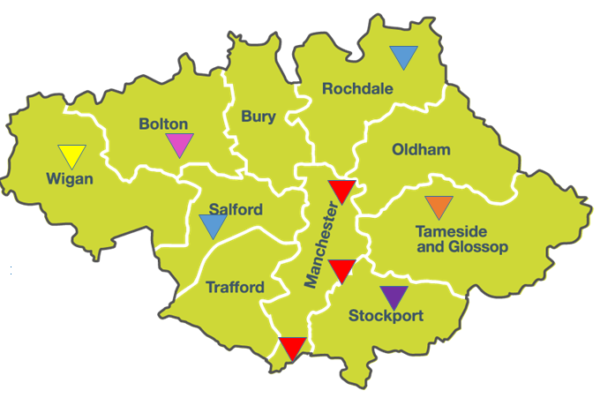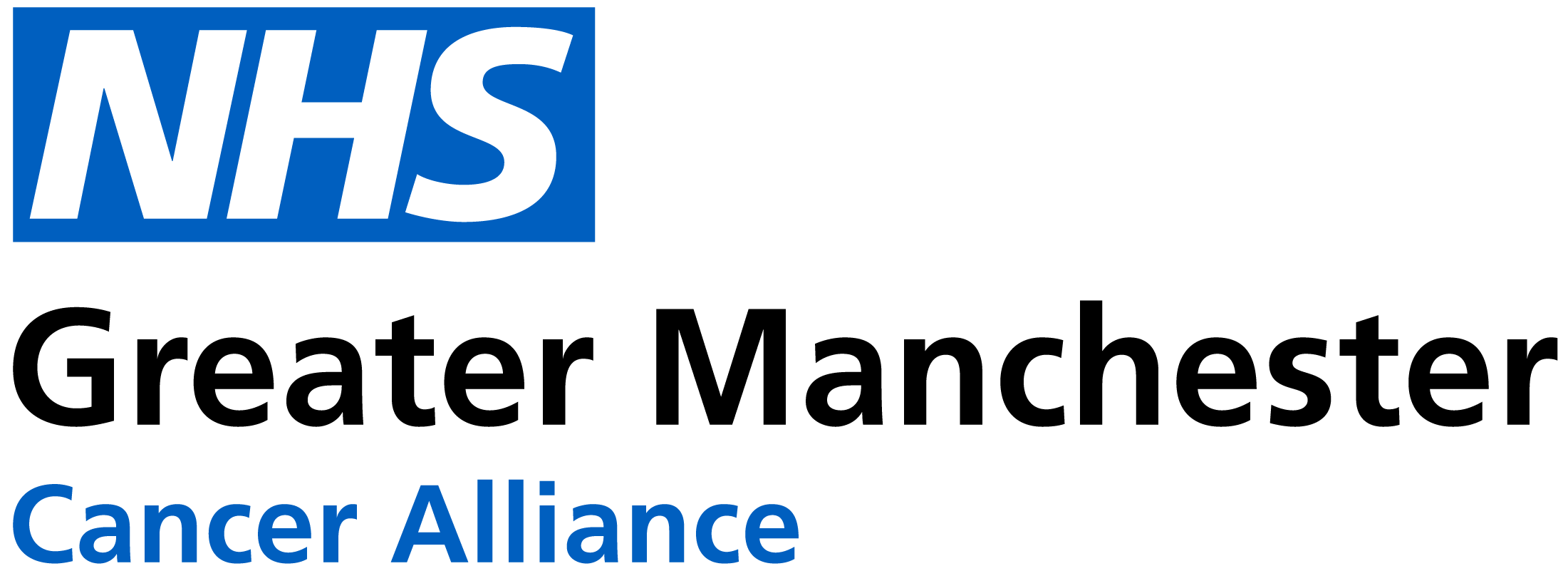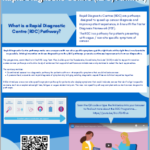Non-site-specific Pathways and RDCs
 Non-Specific Symptoms pathways are intended to cover the cohort of patients who do not fit clearly into a single ‘urgent cancer’ referral pathway, as defined by NG12, but who are, nonetheless, at risk of being diagnosed with cancer. Symptoms considered ‘non-specific’ include unexplained weight loss, fatigue, abdominal pain or nausea; and/or a GP ‘gut feeling’ about cancer. Historically, this cohort of patients often:
Non-Specific Symptoms pathways are intended to cover the cohort of patients who do not fit clearly into a single ‘urgent cancer’ referral pathway, as defined by NG12, but who are, nonetheless, at risk of being diagnosed with cancer. Symptoms considered ‘non-specific’ include unexplained weight loss, fatigue, abdominal pain or nausea; and/or a GP ‘gut feeling’ about cancer. Historically, this cohort of patients often:
Since 2019, new services have been rolled out across England to provide a dedicated urgent diagnostic pathway for this cohort of patients. The development of new NSS pathways and the optimisation of those that have already been established since 2019, remains a key priority. Cancer Alliances are working towards achieving 100% population coverage for patients with non-specific symptoms of cancer by March 2024.
Core referral criteria for NSS pathways have been outlined and can be viewed here. Cancer Alliances should note that there should be no maximum age cut off for patients to be referred onto NSS pathways. Any adult referred to NSS pathways should be triaged, investigated and safety-netted, regardless of age.
Core filter function tests for NSS pathways have been outlined here. Cancer Alliances should work with primary care to ensure that filter function tests are consistently performed and that referral forms include all the relevant information on patient symptoms and tests results for NSS pathways.
The RDC programme in Greater Manchester
The first RDC in Greater Manchester went live in summer 2020, at the Northern Care Alliance. Rollout continued until 100% population coverage was achieved in March 2022. Currently RDCs operate as follows:
- Northern Care Alliance NHS Foundation Trust: (one clinical team covering both sites)
- Salford Royal
- Rochdale Infirmary
- Manchester Foundation Trust: (one clinical team covering both sites)
- Wythenshawe Hospital
- Withington Hospital
- North Manchester General Hospital
- Bolton Foundation Trust
- Wigan, Wrightington and Leigh Foundation Trust
- Tameside and Glossop Integrated Care NHS Foundation Trust
- Stockport Foundation Trust

Aligning with Community Diagnostic Centres
What is an RDC?
What is a CDC?

An RDC can be set up independently of a CDC. Although the two are not integral, they should be aligned with each other to deliver the rapid assessment of patients.



 Sue Sykes
Sue Sykes